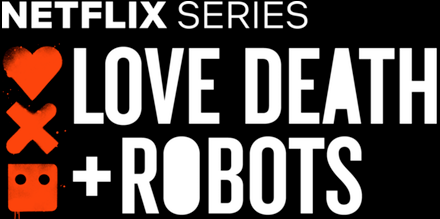A Micro-Transaction Disaster
There are many free games saturating the market. Mostly, we download these types of games in order to have something to do in our free time when we’re waiting for a bus, in the doctor’s office, or even between classes. They’re often harmless fun and a good time.
But we have always seen the hundreds of pop-ups when playing these games. Pay $5 to buy in-game money to skip wait time, pay $30 to get a loot box for random goodies. Pay $50 for no more ads. They are vicious, and those of weaker will can often spend a few bucks here and there. Sometimes, people spend thousands of dollars.
These payments are called micro-transactions. They are small payments made that gradually build up over time until you’ve spent over $100 on a “free” game without even noticing. These are often associated with mobile games, but in recent years it has spanned to video games as well -such as Overwatch -and, for a short time, Battlefront II. Most people think that it would be easy to ignore these ads, but often times young people play these games. Children, who do not understand money and are easily susceptible to advertisements, have been reported to spend hundreds, if not thousands, of dollars on micro-transactions. Even worse, YouTubers have made videos showing off how much money they spend on mobile games as if to make it into a cool quirky fad, feeding into a child’s idea of what is good and bad.
Often, people blame the parents for not being more observant to the child’s spending habits or explaining to them that money on a card is just as real as money you handle. But the problem does not completely lie with the parent to explain to the child how money works. It is also the responsibility of the corporations that trick children into spending their parent’s money on items within the game.
These decisions are often conscious, especially when you factor in the frequency of micro-transaction advertisements. From my own experiences with many of these free games, I have to wonder why they do not offer any option to prevent your child from making any purchases without adult consent. These simple fixes could go a long way in preventing unnecessary spending on a “free” game.
Unfortunately, when downloading these games, we are at the mercy of the corporation whose only job is to make as much money as possible. It is their right, but when do the rights of the corporation undermine the rights of the human? We have to think about this question if we are to change how free games are handled. But we should always be wary about what we buy, and how it is marketed to us.













